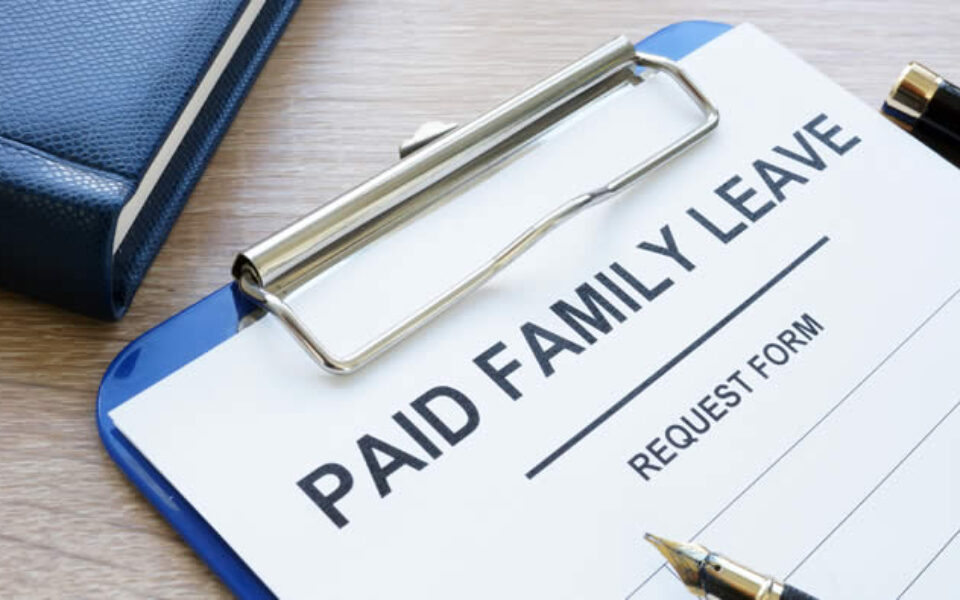D.C. Paid Family Leave: Is Your Business Ready?
By Candace Griffith, HR Manager, Managed Human Resource
Nearly a decade after its inception, the District of Columbia City Council passed the D.C. Universal Paid Leave Amendment Act of 2016 (UPLAA). D.C. has joined Rhode Island, New York, New Jersey, and California as having one of the most generous paid leave laws in the country. The act establishes an insurance program to provide leave for covered employees in three categories: eight (8) weeks for parental, six (6) weeks for family, and two (2) weeks for medical leave. While employees will not be able to access these benefits until July 1, 2020, it is important to note that the act will be funded by a 0.62% increase in D.C. employer payroll taxes beginning a year prior. The first collection of employer contributions begins July 1, 2019, for wages paid to covered workers from April 1 through June 30.
The UPLAA entitlement, as compared to District of Columbia Family and Medical Leave Act (DCFMLA) and the Family and Medical Leave Act (FMLA), will apply to more employees and in more circumstances. In order to qualify for unpaid leave under DCFMLA or FMLA, an employee is eligible if they have worked for their employer for at least one year prior to the leave request. This is not the case under UPLAA; an employee can be eligible if they were a covered employee at any time during the fifty-two (52) calendar weeks prior to the qualifying event. However, an employee must be employed by a covered employer at the time of application for paid-leave benefits and have had their wages reported.
Secondly, there is no minimum requirement for part-time covered employees, where there had been 1,250 hours under FLMA and 1,000 hours under DCFMLA.
Thirdly, the act will now apply regardless of size to all private-sector employers, except those that are exempt from paying taxes in D.C. This is especially significant for small businesses. A covered individual who is employed by a small business (20 employees or less) now has the right to take paid leave for a qualifying event. DCFMLA applies to employers with more than 20 employees, and FMLA applies to employers with more than 50 employees. While there is job protection under DCFMLA and federal FMLA, UPLAA does not provide job protection to covered individuals that fall below.
Lastly, the act also expands the list of family members for whom leave can be granted, to include legal ward, son, or daughter of domestic partner, and a person “who stood in loco parentis” to the employee when he or she was a child.
Some employers already have a paid leave benefit in place for their employees and wonder if they still have to pay into UPLAA. The answer is yes. Providing paid leave does not exempt the employer or the covered individual from the provisions of the act. A covered individual is prohibited from waiving his or her rights under this act by way of an agreement with the employer. However, if a covered individual is already receiving unemployment insurance or long-term disability payments, he or she will not be eligible to receive D.C. Paid Family Leave (PFL).
This is different from benefits that run concurrently with DCFMLA and FMLA. If the employee’s qualifying leave under PFL also qualifies as protected leave under DCFMLA and/or FMLA, then the leave taken can run concurrently, but not in addition to DCFMLA and FMLA.
With the July 1, 2019, date for the increase in employer payroll tax quickly approaching, and the date employees can start accessing this leave established, employers should take the time now to understand what these changes mean for their business, and the impact it will have on budgets, other leave policies, and benefits and employee workforce. The most proactive steps an employer can take are ensuring their payroll systems are ready to handle the tax compliance part of the act, reviewing their current paid leave offerings, and understanding how they will interact with the UPLAA.
The Department of Employment Services (DOES) has created the Office of Paid Family Leave (OPFL), which will administer the leave program. A number of resources such as FAQ sheets, comparison charts, calculators, and webinars are available online to help tackle some employer questions. DOES also provides a paid leave notice to the employer community, and beginning July 1, 2019, employers will be responsible for posting and maintaining this notice in a conspicuous place at their worksites. For more information, reference the DOES website here and or sign up for an information session here.
For more information about this subject, please join us for a free webinar on May 14. Register here.
For questions about the UPLAA, or more information about how Marcum can help your organization navigate this compliance change, please email Candace Griffith at [email protected] or (202) 227-4318.



















